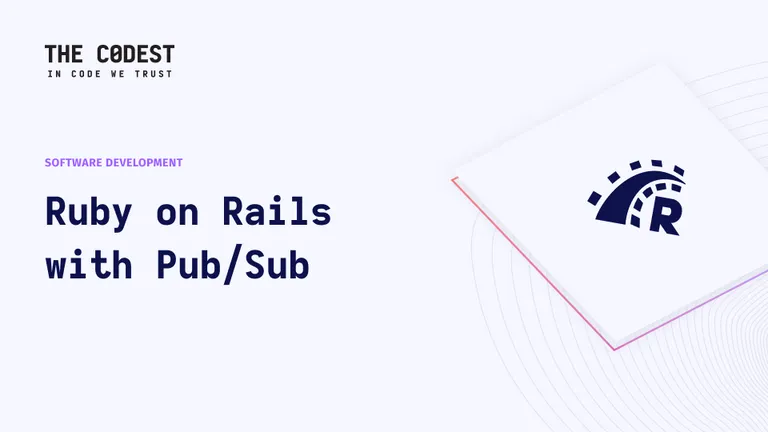Introduction
When we want to aggregate some stuff, very often we use #each_with_object or extend the regular loop using #with_object. But in most cases Ruby developers are using a plain hash as the aggregator and maybe it's fine, but in this article, I'd like to show you that it doesn't always have to be a hash.
Case
We assume that all the files are placed in one directory (people).
Let's say we have the following people/people.csv file:
First Name,Last Name,Age
John,Doe,24
Jane,Dee,45
Josh,Bee,55
Andrea,Boya,34
Andrew,Moore,54
We want to find the total of rows and the average age - we could write the following script:
require 'csv'
aggregated = CSV.foreach('people.csv', headers: true)
.with_object({ total: 0, total_age: 0 }) do |row, agg|
agg[:total] += 1
agg[:total_age] += row['Age'].to_i
end
total = aggregated[:total]
average_age = aggregated[:total_age].to_f / total
puts "Total: #{total}"
puts "Average age: #{average_age}"
And yes, it does the thing but reading such a code is a doubtful pleasure. It feels like a too low level. We can improve it by providing a dedicated aggregator for the loop.
class AgeAggregator
attr_reader :total, :total_age
def initialize
@total = 0
@total_age = 0
end
def increment!
@total += 1
end
def increment_age!(age)
@total_age += age
end
def average_age
total_age.to_f / total
end
end
And then our loop would look as below:
require 'csv'
require_relative './age_aggregator.rb'
aggregated = CSV.foreach('people.csv', headers: true)
.with_object(AgeAggregator.new) do |row, agg|
agg.increment!
agg.increment_age!(row['Age'].to_i)
end
puts "Total: #{aggregated.total}"
puts "Average age: #{aggregated.average_age}"
I think it's much clearer.
Summary
We've written more code, but our lower-level details are extracted to the separate class. Now the main script reads much better.
Of course, you can argue that the example is too simple to put so much effort into refactoring, but c'mon - it's just an example ;). If you had to aggregate more data, such aggregator objects are really the way to rescue.

Read more:
Pros and cons of Ruby software development
Rails and Other Means of Transport
Rails Development with TMUX, Vim, Fzf + Ripgrep






